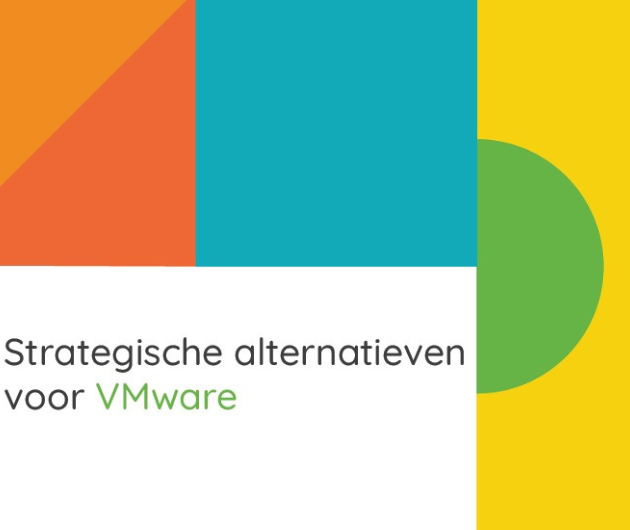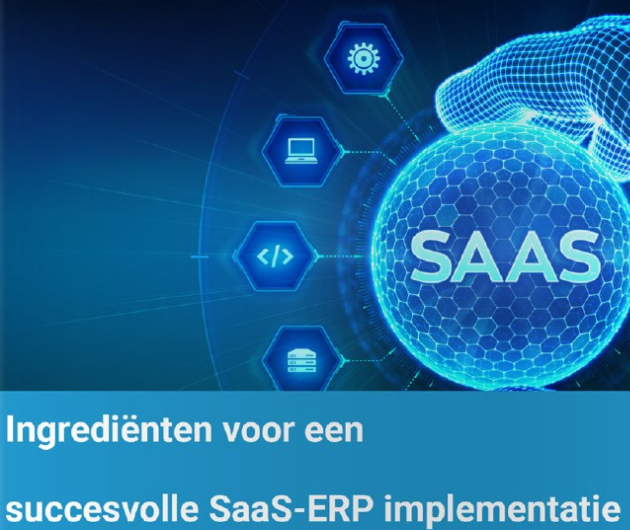Alongside the scale of Microsoft and IBM, Caldera is of little consequence. As a pointer to the future the take over of SCO by Caldera is monumental. Ignore it at your peril!
Caldera is one of the groups of software suppliers who have begun the next generation for bringing Open Source Software (OSS) to market, along with RedHot, SUSE, Corel, etc. They all deliver a version of Linux with a variety of added-value software, mostly derived from other OSS products. These companies cannot sell Linux, but they can sell a version for which their revenue comes from packaging, documentation and support. These products are the only sources of Linux that should be considered in the corporate world, acting as a barrier between the entrepreneur of the OSS world and the need for a supportable system in everyday use. The situation is by now fairly well understood and most corporate Linux users can get support contracts.
In practice, while Linux is portable, all systems are based on Intel 32-bit processors. Currently Linux is O.K. with a standard two-processor server, typical of the "PC"products provided by Dell, Compaq, IBM, H-P, etc. More advanced techniques such as support for more than 2 processors, 64-bit processors and clustering are in development, but will take two or three years yet to move into the mainstream.
While Linux is the current star in the Unix world, there has been another successful product targeted at the Intel/PC industry from the Santa Cruz Operation (SCO), SCO started life with an early proprietary Unix look-alike, specifically for the early PCs, called Xenix. When the source code of Unix System V.4 was introduced they produced a 32-bit system, the latest version of which is called Open Server. However when Novell had made a disastrous mess of acquiring Unix, that too was passed over to SCO, UnixWare becoming the definitive Unix product for Intel processors.
SCO has also been the key player in the development of a 64-bit Unix, code named Monterey, sponsored by IBM and Compaq among others.
As first NT and now Linux have bitten into the lower end of the PC server market, then SCO have continued to support upmarket versions of Unix with clustering and fault-tolerant technology (assisted by Compaq, from their Tandem stable) to deliver UnixWare 7 NonStop Clusters, the most upmarket of the Intel based Unix systems.
SCO have also diversified into a form of Web-based Application Server, called Tarantella. Nevertheless SCO fortunes were on the wane, although turnover was still significant, far more than the $75 million funding of start-up Caldera.
On the surface then it is a shock that SCO is being taken over by Caldera, but it makes a lot of sense, particularly with SCO holding a 28% stake in Caldera. The deal passes over UnixWare and all the associated support and services to Caldera. SCO will retain Tarantella and OpenServer, although Caldera will maintain OpenServer and also sell it where appropriate. SCO will likely be renamed Tarantella in the future to focus on the Internet business.
What do Caldera get from all this? By far the most significant is the customer base (of which Compaq is a big OEM) and the world-wide locations and staff. Obviously since the revenues from Linux are much lower per unit than UnixWare, Caldera are assuming that support and service will be the major revenue stream, quite correctly.
Caldera now have a product range which Red Hat et al can’t match as well as a geographical spread, a factor which is very important in gaining credibility in the corporate world. As well as their own Linux offerings, they can move upmarket with the higher cost UnixWare for customers who need the Scalability, fault tolerance, etc. Clearly they will have to fade UnixWare out as Linux matures, but that is years away yet.
Caldera obviously didn’t want SCO OpenServer but they must provide ongoing support and migration facilities for the wealth of existing SCO customers. By leaving ownership with SCO, OpenServer can be faded out steadily. To aid migration OpenServer and UnixWare have a "Linux compatibility" feature embedded in the OS. This supports both Linux API and naming conventions, etc. Thus a Linux application will run on UnixWare in the future, giving compatibility with Caldera Linux. In the past SCO had to pay companies like Oracle millions of dollars to port products to SCO Unix systems. Now they can use the available Linux versions! Oracle, Domino, etc. are thus running on Caldera and UnixWare.








